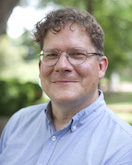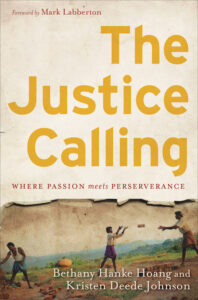 Where Passion Meets Perseverance
Where Passion Meets Perseverance
In a world full of problems and despair, we are called to be the light that delivers hope and healing through a willingness to serve and fight for justice. The Justice Calling draws us into the whole story of Scripture, inviting us to know more intimately the God who loves justice and calls us to give our lives to seek the flourishing of others. Weaving together a comprehensive biblical theology of justice, fellow travelers Bethany Hanke Hoang and Kristen Deede Johnson build on the whole of Scripture from Genesis to Revelation as they explore stories of injustice around the globe today.
In an excerpt from the book provided by Theological Horizons, Hoang and Johnson write:
As we are sent by Jesus to love God and love others, our mission must involve both evangelism and justice. Wherever we are, whatever we are doing, whatever responsibilities have been entrusted to us, we are called to live as God’s holy people, seeking God’s justice, righteousness, and shalom. God’s vision for justice and righteousness is meant to shape each of our callings and commitments and all of our practices within those callings and commitments. In this way, we can better understand every one of our callings as a kingdom calling, as Amy Sherman so helpfully puts it.
Christen Borgman Yates, associate director of Theological Horizons, recently published an article on the book. In the review, originally published in the Spring issue (The Rule of Law, The Way of Love. March, 2016) of Comment Magazine, Yates reflects:
Hoang and Johnson have given us a gift in The Justice Calling. In a world with so many distracting voices, they’ve helped clarify the biblical account of God’s desire for this world to be set to rights, and have invited us to practice renewal in a thousand small, daily ways. Perhaps our biggest failure is not our lack of effort to engage this practice, but our lack of imagination…
The beautiful call to justice is waiting for us to answer. And within that response we wait: actively with hope and imaginatively with patient anticipation for the new heavens and the new earth.
Hoang and Johnson will discuss The Justice Calling at the book launch as part of the Virginia Festival of the Book on Thursday, March 17. A panel of local community activists will also respond to the book and its relevance to local issues. The presentation will be from 7pm – 8:30pm at University Baptist Church.
For more information on the book, click here. For details on the book launch that is co-sponsored by the Project on Lived Theology, click here. To connect with the Facebook event, click here.
Fellow travelers are scholars, activists, and practitioners that embody the ideals and commitments of the Project on Lived Theology. We admire their work and are grateful to be walking alongside them in the development and dissemination of Lived Theology.


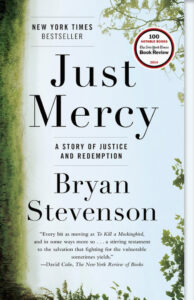 A Story of Justice and Redemption
A Story of Justice and Redemption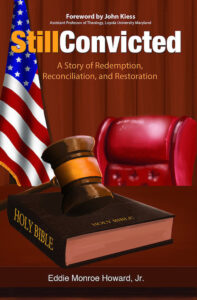 A Story of Redemption, Reconciliation, and Restoration
A Story of Redemption, Reconciliation, and Restoration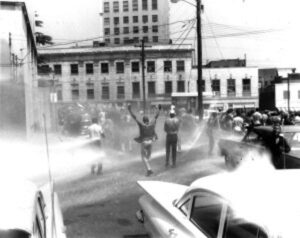 The Protests, the People, the Stories
The Protests, the People, the Stories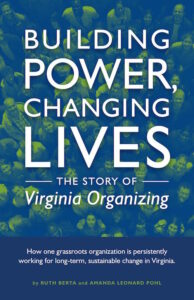 The Story of Virginia Organizing
The Story of Virginia Organizing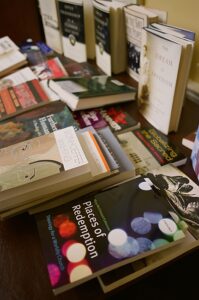 Submit your book recommendations to us on Twitter
Submit your book recommendations to us on Twitter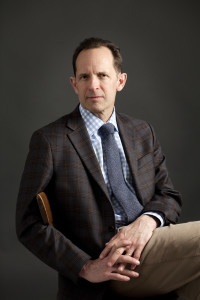 A three-part Dietrich Bonhoeffer lecture series at Mercer University
A three-part Dietrich Bonhoeffer lecture series at Mercer University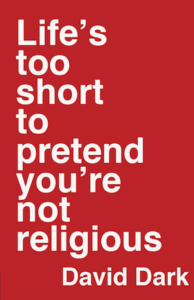 Reclaiming the idea of being “religious” as a life-affirming necessity for conscious life
Reclaiming the idea of being “religious” as a life-affirming necessity for conscious life